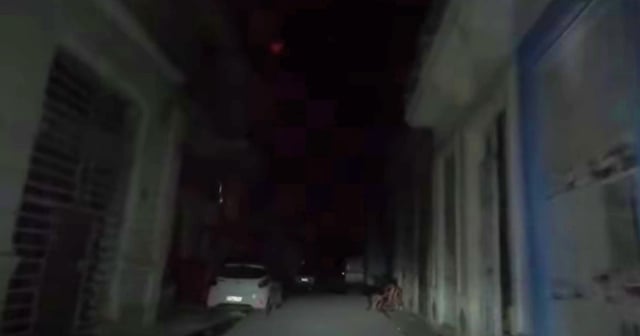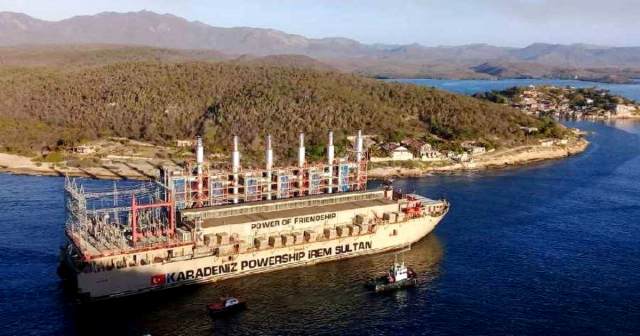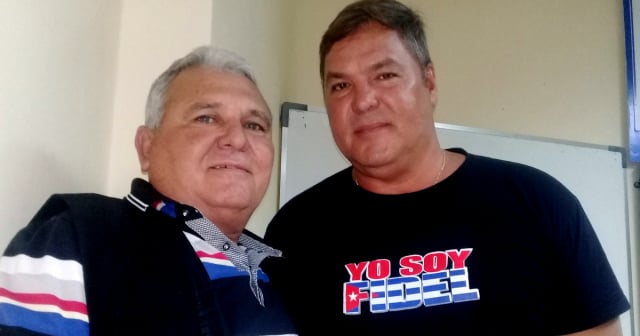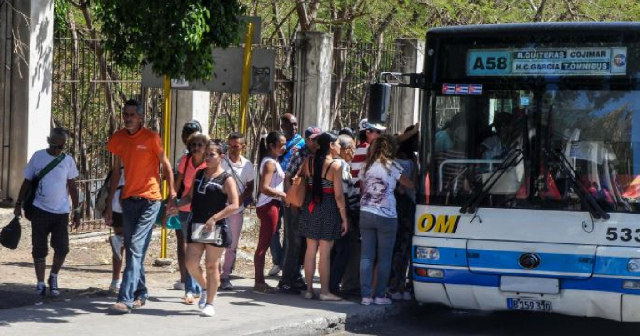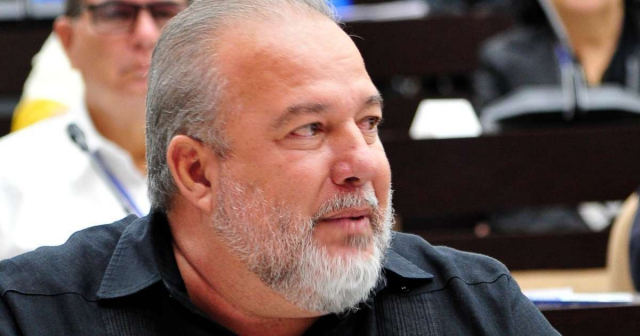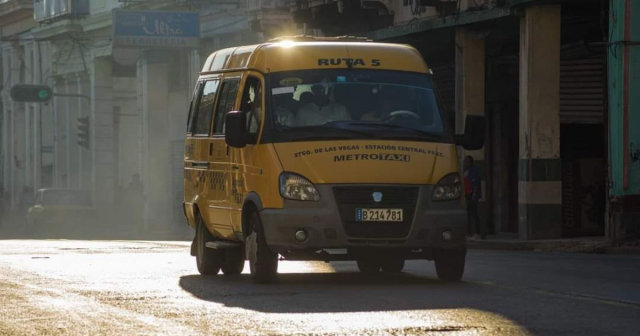The Cuban regime denied the agency's informationReuters which, based on data, indicated thatthe country would be receiving enough fuel to cover its energy needs and pointed to the possibility that the authorities were reselling part of the imported fuels.
In the middle of aenergy crisis what causesdaily and prolonged blackouts throughout the country, the alleged resale of fuel would seek to bring in the cash that the regime declares it does not have to face other of its main expenses, such as that ofguarantee the regulated basic basket for families.
A recentreport of theCuban Television News addressed the alleged fuel crisis affecting the country and, without referring to the information published byReuters, denied that the Cuban regime was reselling fuels imported or donated by its Mexican and Venezuelan partners.
Managers and specialists assured the news space that, in the current energy context, it was impossible to conceive or carry out any type of hydrocarbon export. "This is an unthinkable operation in this scenario," said authorities interviewed.
“There is no way to maintain exports. It wouldn't occur to us, no one would allow it in Cuba. Today, with the situation we have, there is no way to allow the export of fuels that are usable in Cuba, such as diesel, gasoline, fuel oil, turbo fuel or liquefied gas,” declared the engineer.Nestor Perez Franco, general director of theCuba Petroleum Union (CUPET) belonging to the Ministry of Energy and Mines.
According to the manager, what the Cuban regime is doing is importing fuels with these characteristics in order to ensure the different consumption of the economy. CUPET's priority is the development of national production for oil generation, he explained.
Cuba imported 46% of the fuel that covers its needs in the first two months of this year, the manager told the official press. Of the around eight million tons of fuel per year that Cuba requires to satisfy the demand for electricity, three million tons come from national production and approximately five million tons are imported.
“In the case of diesel, in 2023 there was a decrease of one third of the imports that we had previously had in previous years. And in the case of fuel, today we are serving approximately 30% of the demand required by generation in year 20,” he explained.
This is the second time that Pérez Franco comes forward of information offered about exports of fuels imported or donated by the Cuban regime.
"We cannot allow things to be distorted, nor create more disagreements than we already have with the shortages that we all suffer, and that we are working to reduce as soon as possible," he said in April of last year in statements to the official Cubadebate site.
According to his recent words, last year the fuel figures destined for distributed generation and floating plants decreased, a situation that has worsened so far in 2024.
Pérez Franco's statements contradict the words said at the end of December by the deposed Minister of Economy and Planning,Alejandro Gil Fernandez, who assured before theNational Assembly of People's Power (ANPP) whatBlackouts in Cuba decreased by 32% in 2023 compared to 2022.
How is it possible to have had better electricity generation in 2023 compared to 2022, if, as Pérez Franco stated, last year there was a decrease of one third in imports in relation to previous years? Did the “increased gas production” and ENERGAS make up for that deficit?
“Last year we managed to have an acceptable summer and a good end of the year", considered the CUPET director. “Now the days that have passed this year have been very hard for the national electrical system and for our population. And at least we have to be aware that they have been very hard.”
Contradictory data and confusing explanations from the “cadres” of the Cuban regime only increase the uncertainty in the population, which feels increasingly manipulated by theofficial media and the government's narrative of so-called “continuity.”
Subjected to continuous and massive blackouts, Cubans see the seams of the alleged “transparency” of the government ofMiguel Diaz-Canel, which daily reports on the situation of the national electrical energy system (SEN) in a litany of megawatts that come and go, and maintenance and breakdowns in the infrastructure.
To make matters worse, after years ofalleged repair and maintenance strategy of thermoelectric units to avoid the collapse of the SEN, Pérez Franco revealed that it is a “minimum support for thermoelectric plants”, for which they do not offer any guarantee.
"UsWe cannot talk about a guarantee in that type of maintenance. We can... And we need to talk about improving the situation that the plants have,” said the CUPET director.destroying Díaz-Canel's speech and its executive who, since 2022, has been proclaiming that “successive maintenance of large generation blocks is part of the strategy implemented at the country level” to “minimize blackouts.”
What do you think?
SEE COMMENTS (3)Filed in:

